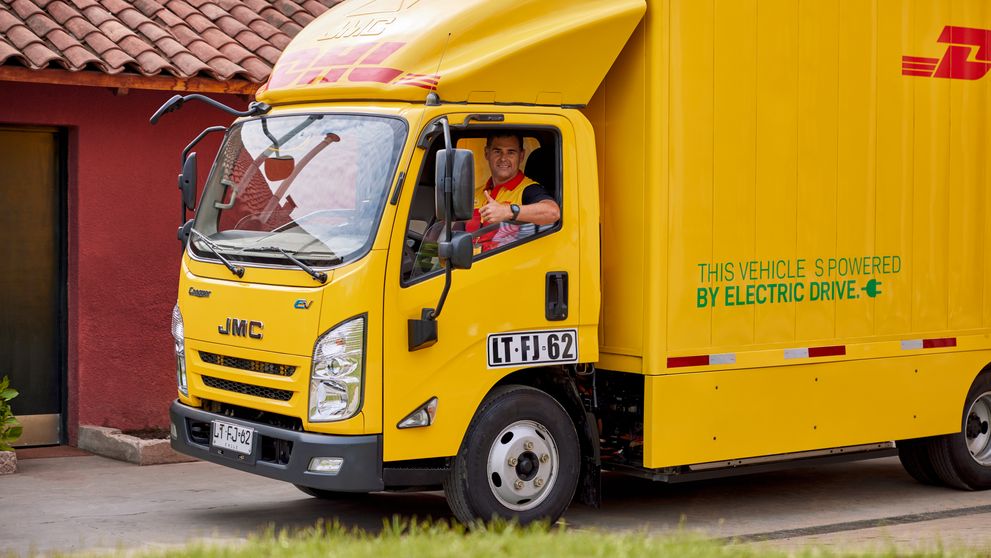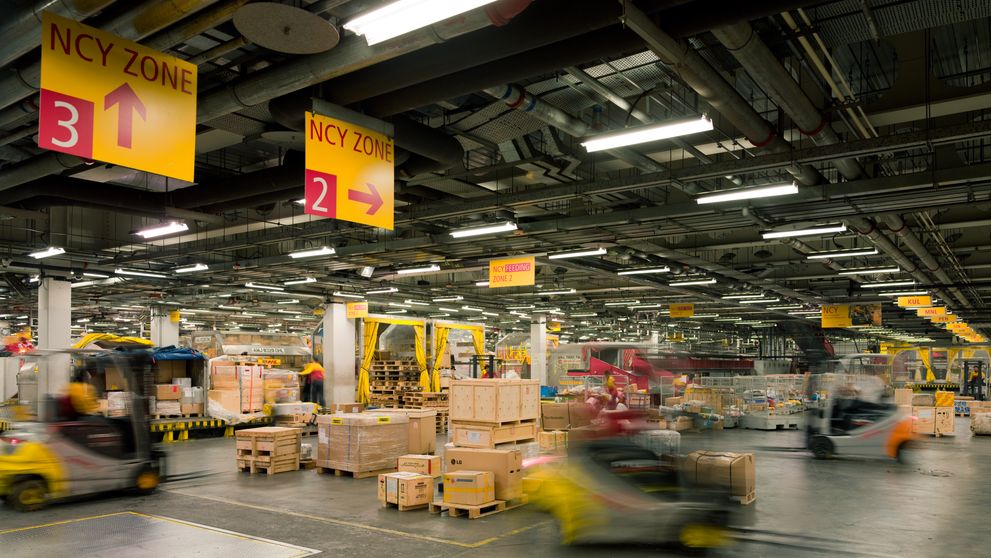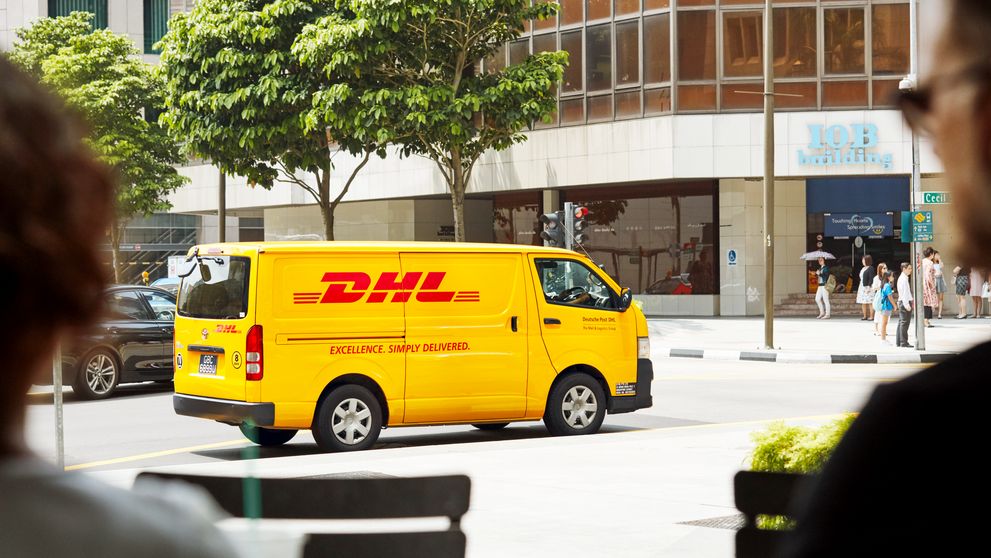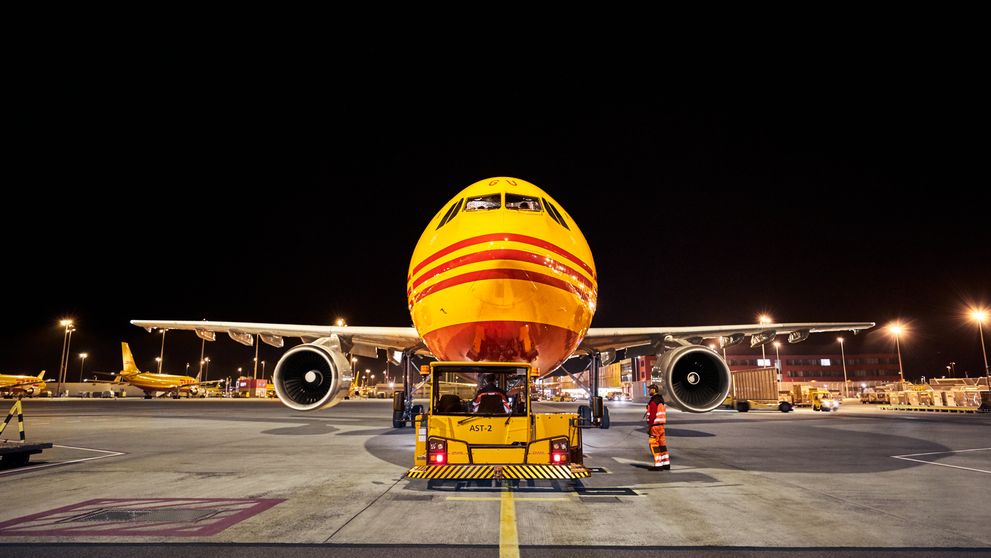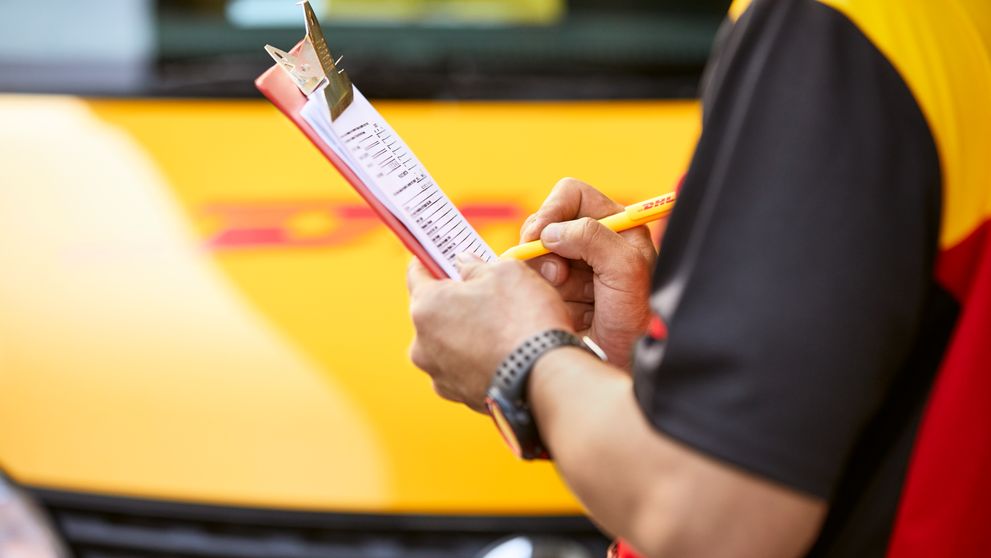High-quality nuts have grown in popularity as health consciousness rises globally, particularly regarding dietary choices. This growing market segment offers lucrative prospects for international suppliers, especially for Brazilian nut production and exporters who can meet the evolving preferences of Indonesian consumers.
However, exporting is not always straightforward due to varying international trade regulations, transportation challenges, and market-specific requirements. Navigating these complexities requires meticulous planning and an in-depth knowledge of the destination market's legal framework and consumer culture. This is why a comprehensive understanding of Indonesia's stringent import regulations, specific market preferences, and international shipping standards is crucial for successful market entry and sustained operations for Brazilian nut exporters.
Understanding the Indonesian nut market
As reported by Statista, revenue in Indonesia's nuts market is projected to reach US$ 54.45 million in 2024, with user penetration at 2.8% for the same year and expected to rise to 4.1% by 2029. These figures indicate a significant and expanding local market for nuts, driven by growing consumer interest and purchasing power.
According to 6W Research, the rising health consciousness among Indonesians has significantly contributed to the increased demand for these products. Due to the health benefits of Brazilian nuts, Indonesia's nut market shows a robust demand trajectory, bolstered by a growing middle class with an increasing interest in wellness. This trend is expected to continue as the country's economic growth facilitates a higher standard of living and a greater focus on healthful eating.
Furthermore, as reported by Statista, the expected revenue per person from nut sales will reach about US$6.61 in 2024, suggesting a broadening market base ready to embrace quality nut products from international exporters like those from Brazil.
While there is significant market demand, nut exporters encounter strong competition in Indonesia, both from local growers and international suppliers, which could mitigate the need to import products from regions like Brazil. Indonesia stands as the premier producer of edible nuts in Southeast Asia, with projections from ReportLinker indicating a steady production growth — from 528,000 metric tons in 2023 to an estimated 554,000 metric tons by 2028.
Additionally, Statista highlights that the largest revenue within the nut market globally is generated in the United States, reaching up to US$10,540 million in 2024. Given these dynamics, Brazilian exporters need to differentiate themselves with competitive pricing, reliable shipping logistics and high-quality product offerings to effectively penetrate and thrive in this competitive market.
Regulatory requirements for exporting nuts to Indonesia
Regulatory requirements for exporting nuts from Brazil to Indonesia require a keen understanding of local health and food safety standards and compliance procedures. The Indonesian Food and Drug Administration, commonly known as BPOM (Badan Pengawas Obat dan Makanan), mandates the registration of imported processed foods such as nuts. This registration is specifically the responsibility of importers or distributors. Compliance with BPOM’s regulations is mandatory and includes adherence to several laws relating to import activities.
Additionally, the importer must secure a Surat Keterangan Impor (SKI) or Import Statement Letter from BPOM. This involves an online application where all necessary documents are submitted for evaluation. Once approved, the SKI is issued within a day after verification. It should be noted that all imported processed foods must also meet specified shelf life requirements.
Furthermore, the circulation of imported processed foods in Indonesia requires a Circulation License from BPOM, which is obtained before the trade of any goods. This license is necessary for food products such as those under government programs, foods that meet the mandatory Indonesian National Standards (SNI), or those used for market testing.
For compliance, all imported processed foods must also obtain a Market Authorization Permit. This permit is contingent upon the provision of a Health Certificate or a Certificate of Free Sale, confirming that the foods are safe for consumption and have been inspected in the country of origin.
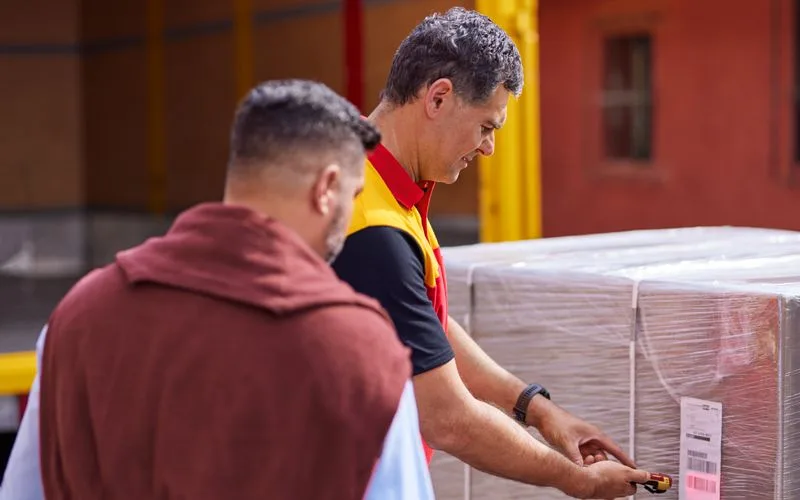
There are three main areas for exporting products like nuts to Indonesia. The first step is to select an international parcel service provider experienced in handling food products and familiar with Brazilian and Indonesian regulations, such as DHL Express. This ensures that the nuts are transported under the right conditions and comply with all regulatory requirements.
The next area to focus on is packaging solutions. To ensure the nuts maintain their quality and freshness upon arrival, exporters should employ state-of-the-art food packaging techniques that address moisture control and contamination prevention. This may involve using airtight containers, vacuum sealing where appropriate, and including desiccants in packaging to absorb excess moisture that could compromise the integrity of the nuts. Protecting the nuts from contaminants is also crucial for ensuring food safety; this can be achieved by ensuring the packaging is secure and intact, avoiding exposure to harmful elements during transit.
Lastly, exporters should prepare all necessary documentation meticulously. This includes ensuring all permits and shipping documents are in place, and that nut shipments meet all Indonesian import criteria to prevent hold-ups or rejections at the border. Often, exporters face common pitfalls such as incomplete documentation or non-compliance with specific import standards. To avoid these issues, it is vital to have a thorough understanding of the customs clearance requirements and to collaborate with a knowledgeable international parcel service provider who can offer guidance throughout the international shipping process from Brazil.
Enhance your international export and shipping procedures with DHL Express
For Brazilian nut exporters, partnering with an experienced and reliable logistics service provider like DHL Express can help streamline their export processes. We offer comprehensive logistics capabilities and a deep understanding of international shipping regulations, ensuring that shipments are handled with precision and care. We also have international courier pickup service and international express courier service to facilitate seamless door-to-door delivery of your valuable cargo.
Additionally, DHL Express’ proven expertise in agricultural exports ensures that your shipments are managed professionally and efficiently, enhancing your business’s ability to penetrate and succeed in the Indonesian market.
Open a business account today to start shipping with DHL Express Indonesia and tap into a world of efficient, reliable, and speedy international logistics and transportation solutions tailored to your exporting or importing needs.
